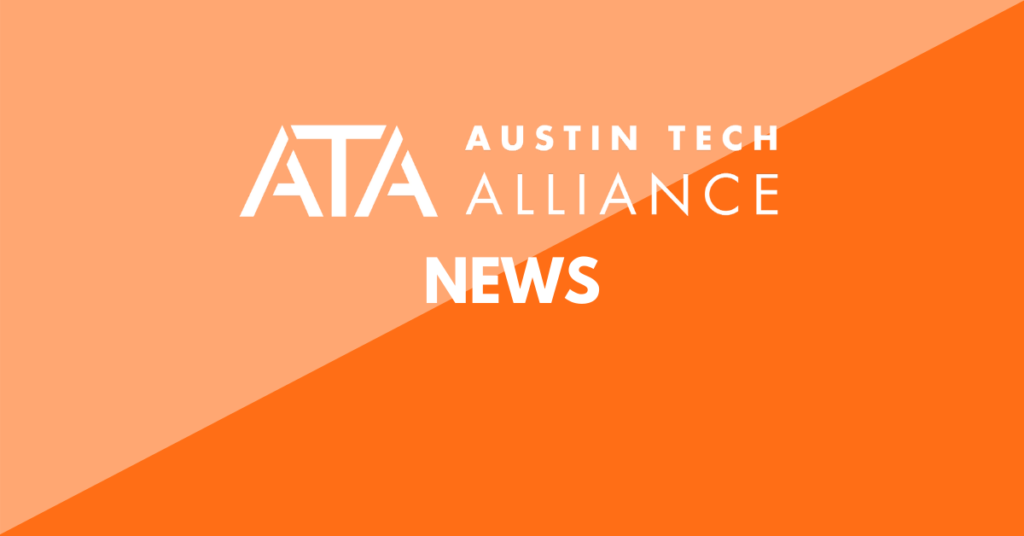SB7, the voting restrictions bill we previously spoke out against, failed to pass the Texas House during the regular legislative session. A vote on the bill was anticipated after negotiations concluded at the end of May, but members of the House Democratic Caucus broke quorum by leaving the legislative chamber rather than allowing the bill to come to a vote.
The bill, which was criticized by President Joe Biden as “un-American,” would have allowed poll watchers to video-record voters while casting their ballots, limited voting hours, restricted permissible locations for polling places, and reduced access to vote by mail for voters with disabilities.
Before resolving to break quorum, Texas House Democrats attempted to negotiate a more moderate version of the bill in a conference committee. Membership of the 10-person committee was split evenly between both chambers and included two House Democrats. After nine days of closed-door negotiations, the committee announced a new arrangement — one that expanded the final bill well beyond its original scope rather than tempering it as expected. Among the new additions were provisions that would allow judges to overturn election results without proof that the election was won fraudulently, new ID requirements for vote by mail, and a ban on drive through voting.
Democratic members of the conference committee claim to have been excluded from negotiations, and say they were unaware of the additional provisions prior to their public announcement.
After negotiations failed, the expansive new version of SB7 looked certain to pass, prompting voting access and civil liberties groups to mobilize. The bill would harm voting access broadly, but most provisions were discriminatory as well, disproportionately impacting Black and Latine voters, low-income voters, and voters with disabilities. Federal courts have repeatedly intervened against discriminatory voting laws crafted by the Texas Legislature, including the 2011 voter ID requirement, though Texas has not been under federal supervision since 2013.
In 2019, federal judges noted their wariness of Texas lawmakers, predicting that “given the fact of changing population demographics, the likelihood increases that the Texas Legislature will continue to find ways to attempt to engage in ‘ingenious defiance of the Constitution.’”
In 2021, SB7 seemed to be that prophecy coming to fruition.
Instead of allowing discrimination to become law, Texas House Democrats walked out of the voting chamber two hours before the end of the regular session. Their walk out effectively killed SB7 for the session, but it came at a cost. In response, Governor Abbott announced via tweet that he would veto funding for the legislative branch as retribution against those who “abandoned their duties.”
Governor Abbott also declared voting restrictions as “must-pass emergency items” for the special session coming up this summer or fall. It is unclear what can be done to stop the bill from passing during the special session, as prolonged walk outs are a less viable strategy.
Though Texas House Democrats have met with federal lawmakers in D.C. to discuss passing federal voting expansion in order to protect Texans and voters across the country from discriminatory legislation like SB7, the future of Texas elections remains in peril.

